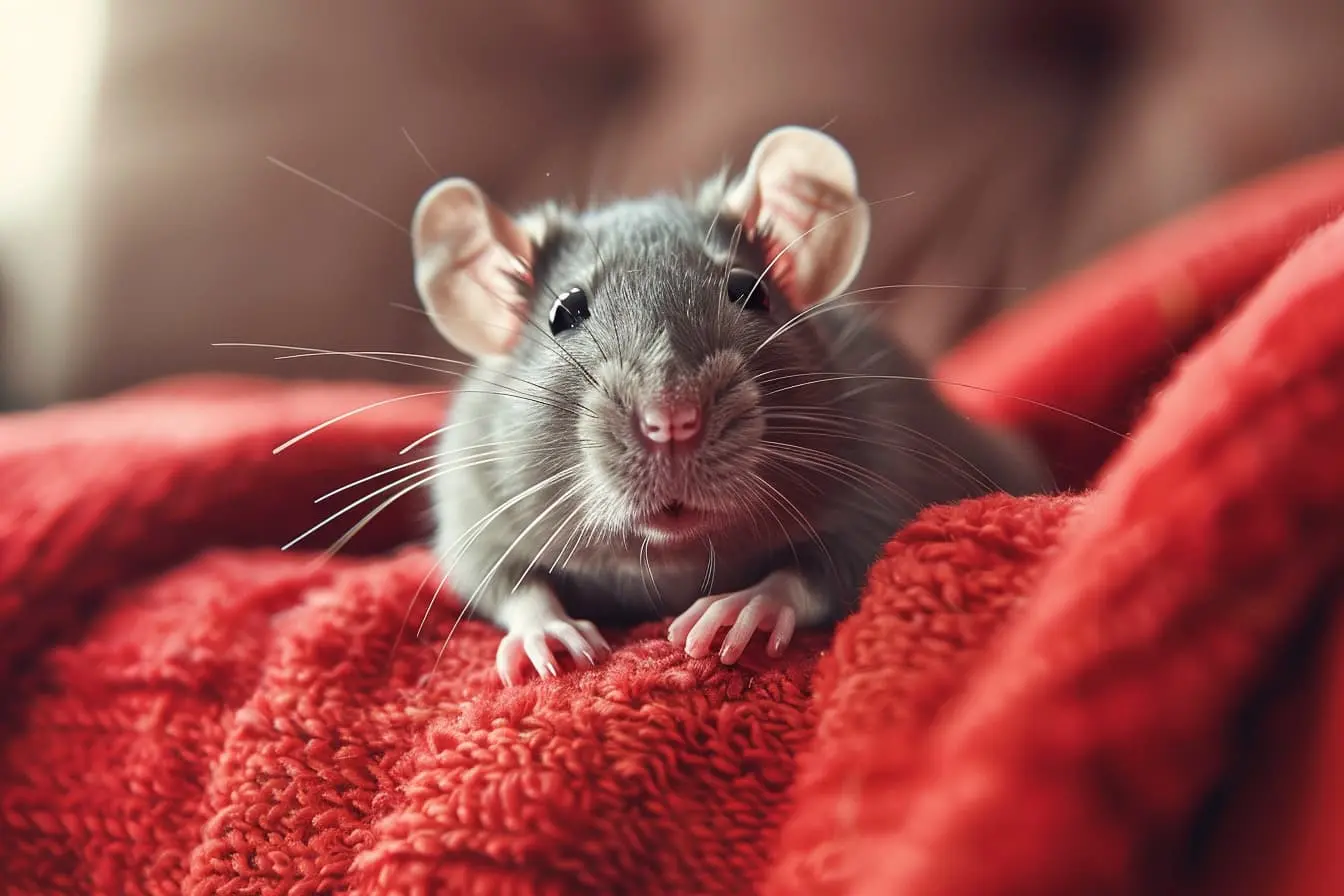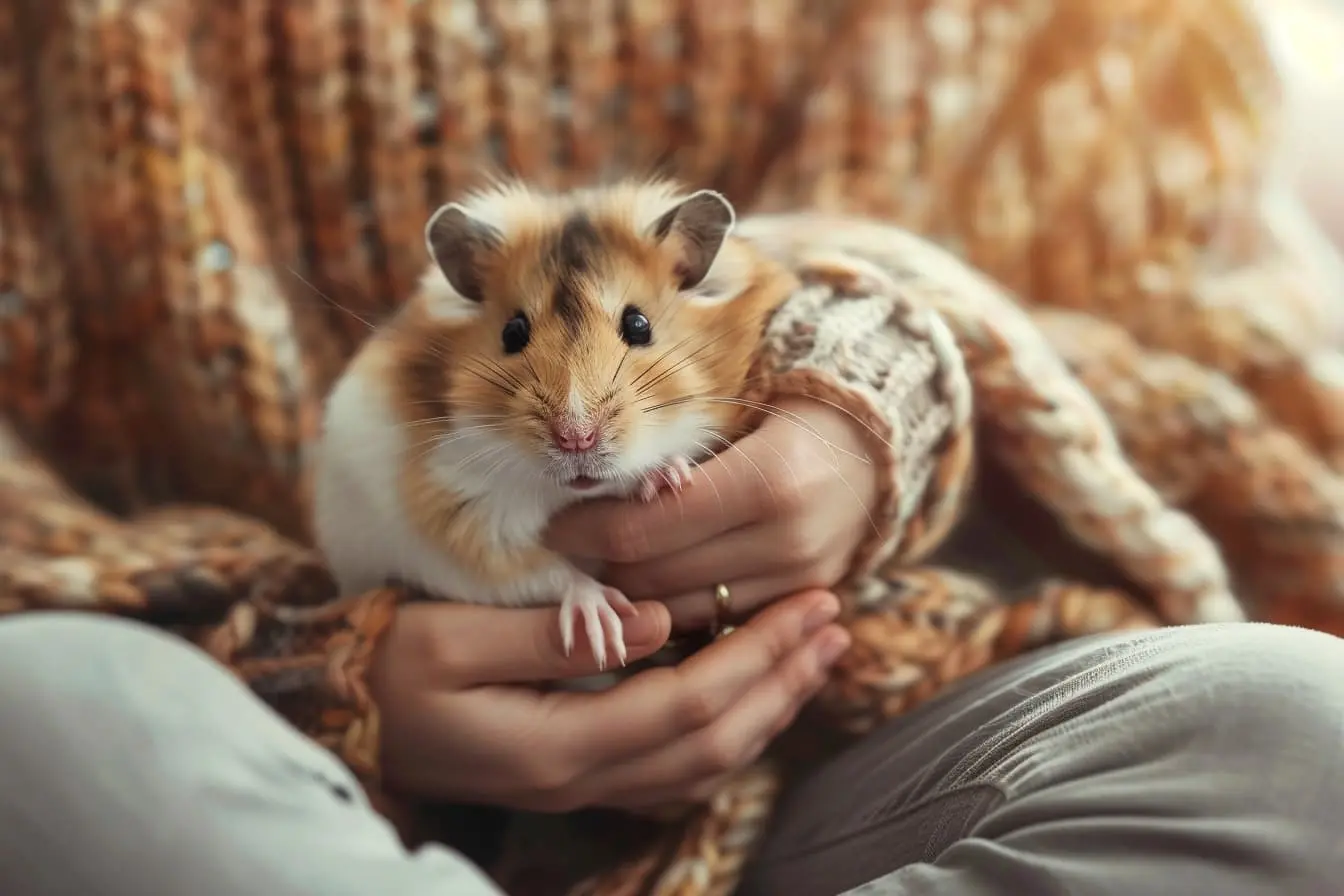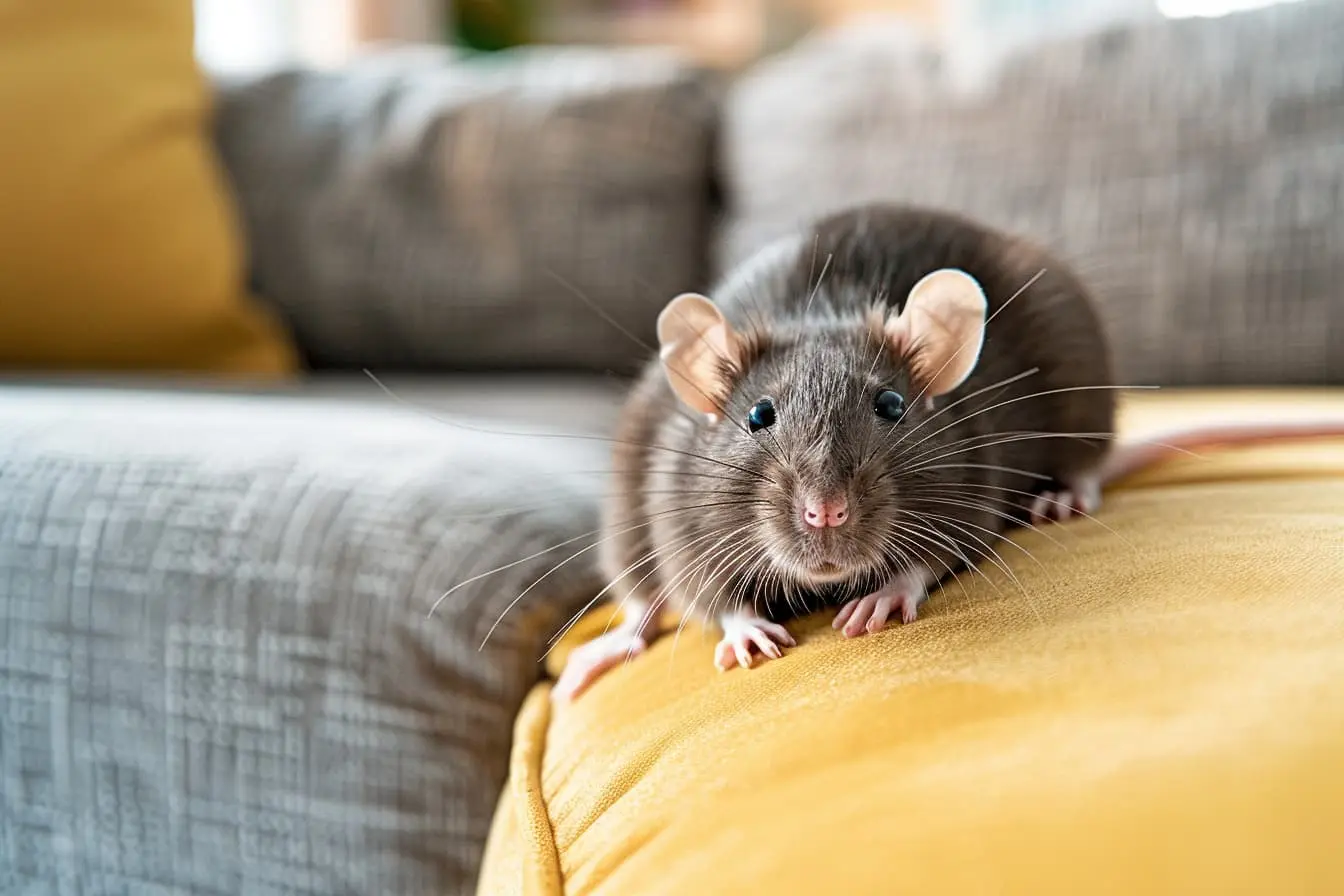
Essential Vaccinations for Your Pet Ferret: A Guide to Keeping Them Healthy
Ferrets make engaging and affectionate pets, known for their playful and inquisitive nature. Just like any other pet, ferrets require specific care to ensure they live a long, happy, and healthy life. An integral part of this care is ensuring they receive the right vaccinations at the correct times. Vaccinations are crucial for preventing serious diseases that can affect ferrets, some of which can be fatal. Let's explore the vital vaccinations your ferret needs and the recommended schedule for these immunisations.
Understanding the Importance of Ferret Vaccinations
Vaccinations help protect your ferret from various diseases by preparing their immune system to recognise and fight off specific pathogens. Without these vaccinations, ferrets are at risk of contracting serious illnesses that are not only difficult and costly to treat but can also be fatal.
Essential Vaccinations for Ferrets
1. Canine Distemper
Canine distemper is a viral disease that is almost always fatal in ferrets. Symptoms include fever, nasal discharge, sneezing, coughing, lethargy, loss of appetite, and a rash on the chin and groin area, progressing to seizures and paralysis. There is no cure for distemper in ferrets, making prevention through vaccination crucial.
2. Rabies
Rabies is a deadly virus that affects the brain and spinal cord of all mammals, including ferrets. While less common in ferrets than in some other pets, it's important to vaccinate against rabies, especially since it can be transmitted to humans. A rabid ferret may exhibit behavioural changes, aggression, drooling, difficulty swallowing, and eventually paralysis and death.
Vaccination Schedule for Ferrets
Canine Distemper
- Initial Vaccinations: Ferrets should receive their initial distemper vaccinations as kits, starting at 6-8 weeks of age. They'll need a series of three vaccines, 3-4 weeks apart.
- Booster Shots: After the initial series, ferrets require an annual booster to maintain immunity against distemper.
Rabies
- Initial Vaccination: Ferrets can receive their first rabies vaccination at around 12 weeks of age.
- Booster Shots: An annual booster is recommended to keep the vaccination effective.
Additional Considerations
- Health Check: Before receiving any vaccinations, your ferret should have a health check to ensure they are fit for immunisation. Sick ferrets should not be vaccinated.
- Side Effects: While rare, vaccinations can sometimes cause side effects. Keep an eye on your ferret for a few days after vaccination for any signs of adverse reactions, such as swelling at the injection site, lethargy, or decreased appetite, and consult your vet if concerned.
- Indoor Ferrets: Even ferrets kept exclusively indoors should be vaccinated, as viruses like canine distemper can be brought into the home on shoes and clothing.
Finding a Vet and Keeping Records
Choose a veterinarian experienced with ferrets to ensure your pet receives the best care. Keep a detailed record of all vaccinations, including dates and any reactions, as this information is crucial for ongoing health management and if you ever need to board your ferret or travel with them.
Conclusion
Proper vaccination is a key component of responsible ferret ownership. By adhering to the recommended vaccination schedule, you're not only protecting your ferret from serious diseases but also ensuring they lead a healthier and potentially longer life. Remember, prevention is always better than cure, especially when it comes to the wellbeing of your beloved pet ferret.
Vets near you
Speciality vets
- Aquatics vet specialists
- Birds vet specialists
- Camelids vet specialists
- Cats vet specialists
- Cattle vet specialists
- Deer vet specialists
- Dogs vet specialists
- Equines vet specialists
- Exotic vet specialists
- Goats vet specialists
- Pigs vet specialists
- Poultry vet specialists
- Sheep vet specialists
- Small Mammals vet specialists
- Wild vet specialists
Vet facilities
- Accessible by public transport
- Blood testing
- Car park nearby
- Client car park
- Dentistry
- Diagnostic imaging
- Disabled public access
- Flea and worm treatments
- Microchipping
- Mobile services
- Neutering
- Open at weekends
- Out-of-hours service
- Referral interests
- Referrals only
- Street parking outside
- Toilets available
- Vaccinations



